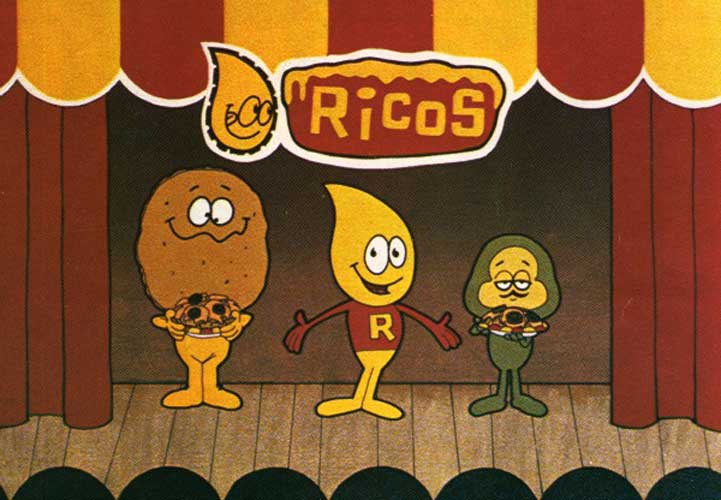He’s a pivotal figure in ballpark history: Frank Liberto, the man who invented ballpark nachos first served at Arlington Stadium, then home of the Texas Rangers, passed away Sunday. He was 84.
Liberto didn’t invent nachos: that honor, by all accounts, goes to a restaurant that started serving the combo of chips, cheese and jalapeño peppers in Piedras Negras, Mexico in 1943. But what Liberto did while heading Liberto Specialty Company was to create a cheese sauce that shelf-stable and could be served quickly. His ballpark nachos were first served at Arlington Stadium during the 1976 season, and they were a hit, to the tune of $800,000 in annual sales, causing Liberto to create another company, Ricos Products Co. (San Antonio), specifically to market the delicacy.
The reason for the success? They could be served quickly and easily, with the cheese dispenser a trademark item behind the counter. Now, as anyone who hangs around a concession stand knows, there’s plenty of distance between a cow and the cheddar “cheese” sauce served with the nachos, and Liberto hit on the perfect proportions to please any ballpark fan: 107 ounces of cheese concoction, 32 ounces of water and 20 ounces of pepper juice.
Nachos could be served quickly with a high profit margin. And, just as important for ballpark concessionaires, nachos drove sales of soda and beer, thanks to a combination of salty chips and peppery cheese. They were a hit wherever served, promoted by the likes of Nacho, Rico and Pepe (shown in the above screen cap for a nachos commercial). Ballpark nachos went national in 1977, when Monday Night Football announcer Howard Cosell was broadcasting a Dallas Cowboys game from Texas Stadium. He marveled at the great taste of the nachos on national television, and the rest is history.
“Our father, Frank Liberto, was a man of integrity,” Tony Liberto said in a statement Monday. “He led our company with an entrepreneur spirit and a passion that had an impact on his family of employees, customers, business associates and friends. His legacy will live on forever.”

